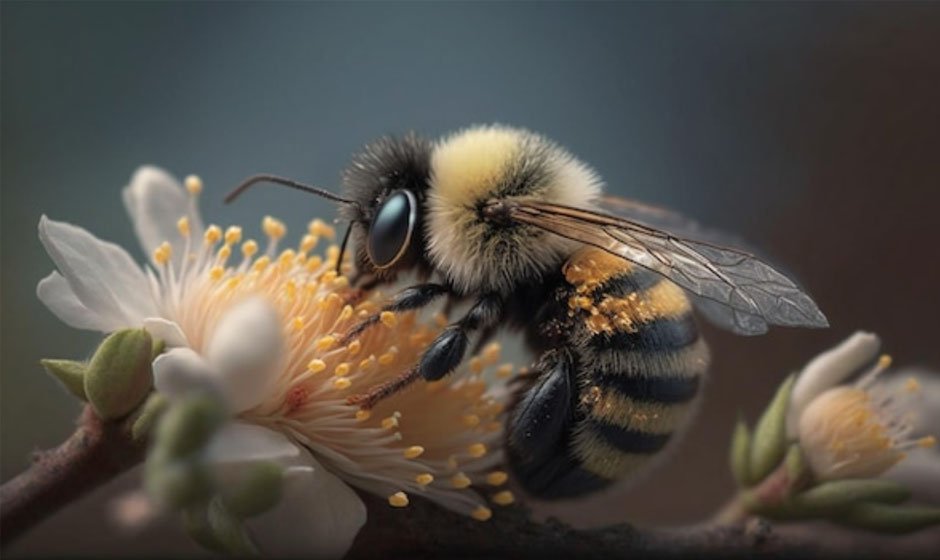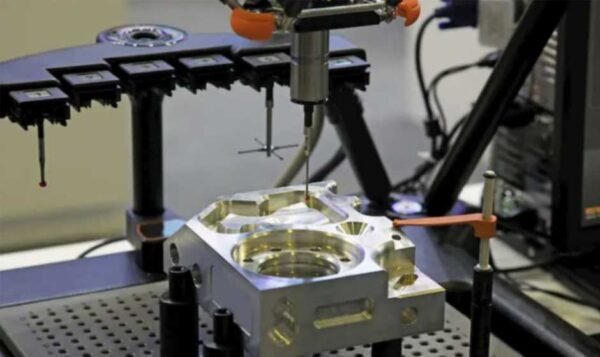The Role of Pollinators in Your Garden

Imagine a world without apples, strawberries, or tomatoes. This could be our reality without pollinators. These tiny creatures are the unsung heroes of our gardens, playing a vital role in maintaining a healthy ecosystem. One out of every three bites of food we eat depends on pollinators, highlighting their immense importance. However, pollinator populations are in decline due to habitat loss, pesticide use, and climate change. This article explores the different types of pollinators, their benefits, and how you can attract them to your garden.
Diverse Pollinators in Your Garden
Your garden is a bustling hub of activity, home to a variety of pollinators. Bees are perhaps the most well-known, with species like honeybees and bumblebees diligently transferring pollen from flower to flower. Butterflies, with their vibrant wings, also play a crucial role in pollination, particularly for plants that require a more delicate touch. Hummingbirds, with their rapid wing beats, are another fascinating group of pollinators, especially attracted to tubular flowers. Even bats, often overlooked, contribute significantly by pollinating nocturnal flowers.
Each type of pollinator has its unique role. Bees are efficient and can pollinate a wide range of plants, making them indispensable. Butterflies, while not as efficient as bees, are essential for certain plants that require specific pollination techniques. Hummingbirds, with their long beaks, can reach nectar in flowers that other pollinators cannot, ensuring those plants reproduce. Bats, on the other hand, are vital for pollinating night-blooming flowers and certain fruits like bananas and mangoes.
Understanding the diversity of pollinators in your garden helps you appreciate their individual contributions. By recognising the specific needs and behaviours of each type, you can create a more welcoming environment for them. This diversity not only supports the health of your garden but also contributes to the broader ecosystem.
Benefits of Welcoming Pollinators

Attracting pollinators to your garden offers numerous benefits. Firstly, they enhance plant health by ensuring successful pollination, which leads to the production of seeds and fruits. This process is essential for the reproduction of many plants, including those that provide food for humans and wildlife. A garden teeming with pollinators is a sign of a thriving ecosystem.
Secondly, pollinators can significantly increase crop yields. For gardeners growing fruits and vegetables, the presence of pollinators can lead to more abundant and higher-quality produce. This is particularly important for crops like tomatoes, cucumbers, and berries, which rely heavily on pollinators for fruit set. By attracting pollinators, you can enjoy a more bountiful harvest.
Lastly, pollinators contribute to biodiversity. A garden rich in pollinators supports a wide range of plant species, which in turn attracts other wildlife such as birds and beneficial insects. This creates a balanced and resilient ecosystem. Biodiversity is crucial for the stability of natural systems, and by fostering it in your garden, you are playing a part in its preservation.
Image source: https://img.freepik.com/free-photo/closeup-honeybees-beehive-sunlight-agricultural-concept_181624-22330.jpg
Simple Steps to Attract Pollinators
Creating a pollinator-friendly garden is easier than you might think. Start by planting native flowers, which are well-suited to the local climate and provide the best resources for pollinators. Choose a variety of plants that bloom at different times of the year to ensure a continuous food supply. Native plants are often more resilient and require less maintenance, making them an excellent choice for any garden.
Next, create diverse habitats. Pollinators need more than just flowers; they also require places to nest and shelter. Incorporate elements like logs, rocks, and bare soil into your garden to provide nesting sites for bees and other insects. Consider adding a small water feature, such as a birdbath or shallow dish with pebbles, to provide a drinking source for pollinators.
Avoid using pesticides, as they can be harmful to pollinators. Opt for organic and natural methods to manage pests. Companion planting, where certain plants are grown together to deter pests, is an effective and eco-friendly approach. By creating a safe and welcoming environment, you can attract and support a diverse range of pollinators in your garden.
Real-Life Inspiration
Neville Mahon, a dedicated gardener from New Zealand, has successfully created a pollinator-friendly garden. His journey from urban developer to rural gardener is a testament to the transformative power of nature. Neville’s garden is a haven for pollinators, featuring a variety of native plants and diverse habitats. His approach includes planting flowers that bloom throughout the year and providing nesting sites for bees.
Neville’s garden layout is designed to attract and support pollinators. He has incorporated elements like logs and rocks to create nesting sites and added a small pond to provide water. By avoiding pesticides and using organic methods, Neville ensures a safe environment for pollinators. His garden is not only beautiful but also a thriving ecosystem.
The challenges Neville faced, such as dealing with pests and ensuring a continuous food supply for pollinators, are common to many gardeners. However, his dedication and innovative solutions serve as an inspiration. By following Neville’s example, you can create a pollinator-friendly garden that supports biodiversity and enhances the health of your plants.
Expert Advice from Scott Black
Scott Black, the executive director of The Xerces Society, offers valuable insights into pollinator conservation. With decades of experience, Scott emphasises the importance of increasing the diversity of native plants in gardens. He advises gardeners to provide nesting sites for insects and avoid using pesticides. Scott’s practical advice is rooted in his extensive knowledge and passion for conservation.
Scott’s work with The Xerces Society has been instrumental in protecting and restoring habitats for pollinators. His books, such as “Attracting Native Pollinators” and “Gardening for Butterflies,” provide detailed guidance on creating pollinator-friendly gardens. Scott’s approach is holistic, focusing on the needs of pollinators and the broader ecosystem.
By following Scott’s advice, you can make a significant impact on pollinator conservation. Simple actions, like planting native flowers and providing nesting sites, can create a welcoming environment for pollinators. Scott’s expertise underscores the importance of individual efforts in supporting pollinator populations and preserving biodiversity.
Community Efforts and Resources
Community efforts play a crucial role in pollinator conservation. Local and national organisations, such as The Xerces Society, offer support and resources for gardeners. These organisations provide valuable information on creating pollinator-friendly environments and advocate for policies that protect pollinators. By getting involved, you can contribute to broader conservation efforts.
Many communities have initiatives to promote pollinator-friendly gardening. These programs often include workshops, plant sales, and educational resources. Participating in these initiatives can provide you with the knowledge and tools to create a pollinator-friendly garden. Additionally, connecting with other gardeners can offer support and inspiration.
Resources like downloadable guides and online forums are also available. These tools can help you learn more about pollinators and how to support them. By utilising these resources, you can stay informed and make informed decisions about your garden. Community efforts and resources are essential for the success of pollinator conservation.
Future of Pollinators in Our Gardens
The future of pollinators in our gardens depends on our actions today. By creating pollinator-friendly gardens, we can support the health and diversity of pollinator populations. This, in turn, enhances the health of our gardens and contributes to the broader ecosystem. Every garden, no matter how small, can make a difference.
Supporting pollinators requires a commitment to sustainable gardening practices. This includes planting native flowers, providing nesting sites, and avoiding pesticides. By making these changes, you can create a welcoming environment for pollinators and ensure their survival. Your efforts can inspire others to take action and contribute to pollinator conservation.
The importance of pollinators cannot be overstated. They are essential for the reproduction of many plants and the health of our ecosystems. By taking steps to support pollinators in your garden, you are playing a crucial role in their conservation. Together, we can ensure a future where pollinators thrive and our gardens flourish.



